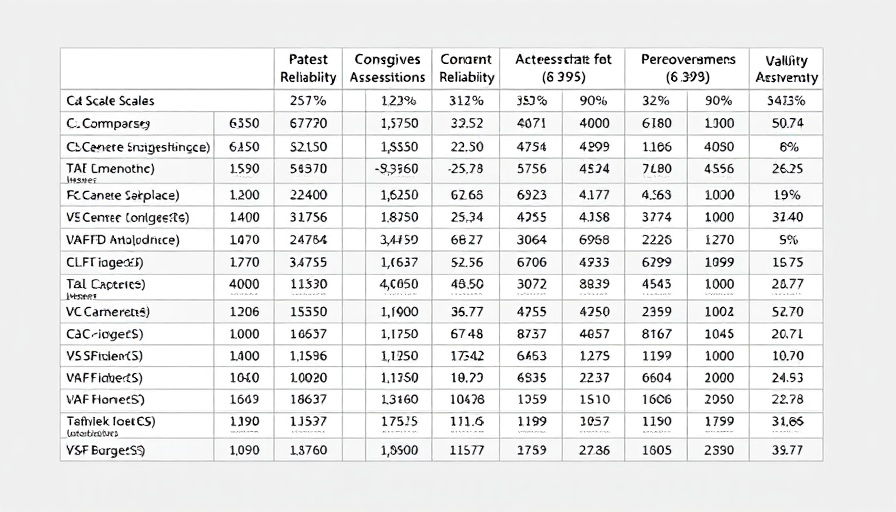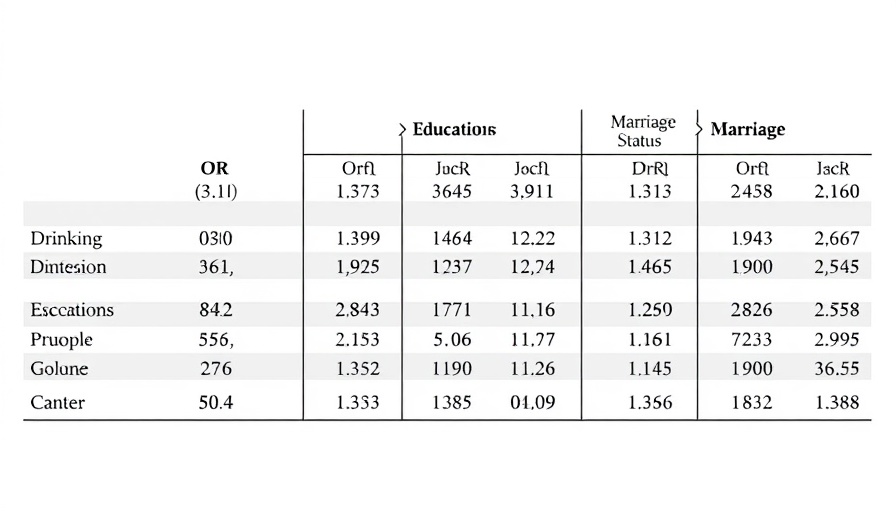
Understanding the Crucial Role of Family Caregivers
As the global population steadily ages, the importance of family caregivers in supporting the elderly has never been more evident. Their role encompasses a wide array of responsibilities, from assisting with daily activities to providing emotional support. Yet, this critical position often goes unnoticed and underappreciated, revealing a pressing need to understand their challenges and assess the tools available to support them.
Challenges Faced by Family Caregivers: A Systematic Review
A recent scoping review highlights the complexities faced by family caregivers, identifying gaps in the measurement tools currently utilized to assess their engagement and needs. The review, conducted through a systematic analysis of databases including MEDLINE and PsycINFO, has shed light on the psychological, physical, and emotional burdens these caregivers endure. Out of 140 articles reviewed, only 38 were comprehensively analyzed, utilizing 29 distinct scales to measure caregiver support.
The Gaps in Current Measurement Tools
Despite the rich array of scales used to evaluate caregiver burden and needs, the review revealed significant deficiencies. Notably, only two of the examined scales met acceptable clinical research standards. Many failed to accurately capture the multifaceted nature of caregivers' experiences, which can range from stress and burnout to emotional strain. This profound variability in psychometric properties raises critical questions about the efficacy of the tools currently in use, emphasizing an urgent call for improvement.
Linking Caregiver Challenges to the Broader Context of Aging
The challenges faced by family caregivers are emblematic of broader trends within aging populations. According to projections, by 2060, one-third of the French population will be over the age of 60, with substantial increases in individuals facing chronic degenerative diseases. Addressing the needs of caregivers is essential not only to improve their health and well-being but also to enhance the quality of care for the elderly.
The Psychological Impact of Caregiving
Caring for an aging loved one, particularly those with debilitating conditions such as dementia, inevitably incurs a psychological toll. Research shows that caregivers frequently experience higher levels of stress and anxiety, and the resultant emotional fatigue can hinder their ability to provide effective care. Acknowledging these impacts is vital for developing supportive resources and interventions aimed at easing caregiver burdens.
Future Directions in Caregiver Support
The conclusions drawn from the scoping review pave the way for future research focused on developing refined measurement tools that accurately reflect the complex dimensions of caregiver engagement. Enhanced understanding can facilitate the creation of targeted support systems, ultimately benefiting both caregivers and those they care for. As researchers and practitioners work to bridge the gaps identified in existing studies, collaborative efforts must also explore how advancements in healthcare, including epigenetics, telomere research, and innovations in longevity science, can provide holistic support to caregivers.
Call to Action: Advocating for Our Caregivers
The need for improved measurement tools and support systems for family caregivers is urgent and critical. Caregivers play a fundamental role in the health and wellness of our aging loved ones. By advocating for their needs, investing in research, and fostering community support networks, we can ensure that these unsung heroes receive the recognition and resources they so rightly deserve. Let’s push for a future where caregivers are supported, valued, and equipped to provide the best care possible.
 Add Row
Add Row  Add
Add 




 Add Row
Add Row  Add
Add 


Write A Comment